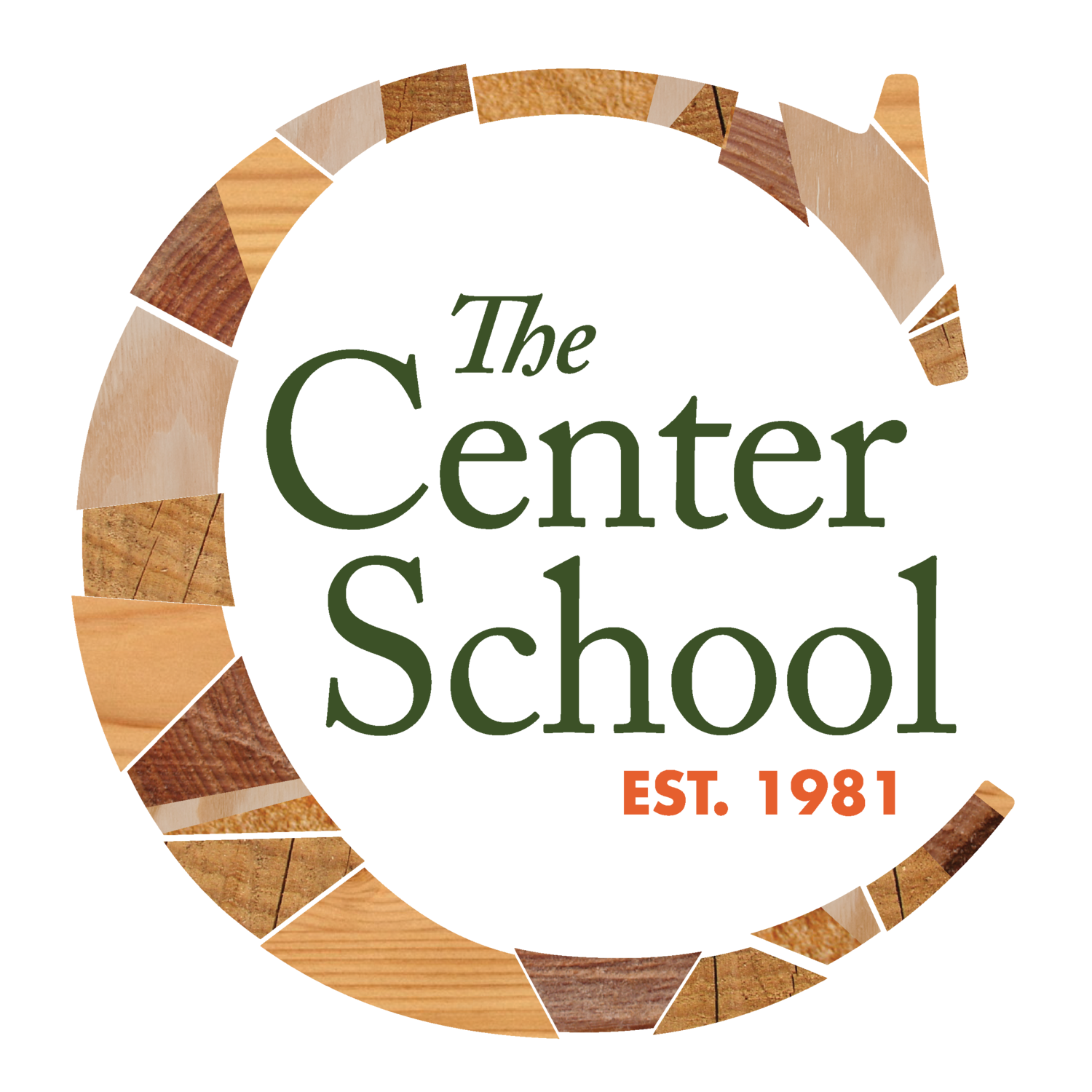Waste Systems Theme in The Mups (2nd/3rd)
In the Mups, we have a class called “Theme”. This class typically oscillates between more science-focused or social studies-focused units. Over the last eight weeks, the second and third graders have been immersed in our latest thematic unit: “Waste Systems”. The overarching goals of this unit are for students to develop an understanding of what happens to the waste they, their households, their school, and their communities create. Throughout this exploration, Mups strategize different methods for reducing environmental and social harm caused by waste.
This theme is broken up into three major components: an introduction to waste (with a focus on plastic), food waste and composting, and industrial waste systems. Students engaged with these concepts through hands-on experimentation, observation, written components, games, and creative projects. To begin our theme, we discussed the questions, “What is waste?”, “What is trash?”, and “What are the different kinds of waste?”. The class had many strong opinions about the answers to these questions which sparked many lively conversations. After discussing waste in a broader sense, we began talking specifically about plastic; and how it’s such an important material in our daily lives, yet harms our environment due to it being non-biodegradable. When talking about such large-scale environmental issues, it can become easy for Mups to feel overwhelmed and helpless, which is why we also focused on the importance of how individual action can make a great impact on society. To help illustrate this point, we read What Millie Did by Elise Moser, which told the true story of Milly Zantow, a woman who wanted to solve the problem of her town's full landfill, and ended up creating a global recycling standard. After we read What Millie Did students processed their complex feelings around plastic by writing poems using a cinquain form. Students also participated in a hands-on game called Feeding Frenzy which simulates the effects of plastic on wildlife in the Pioneer and Connecticut River Valleys.
We then switched our focus to food waste and composting, beginning with another data collection experiment, but this time only looking at the food scraps that students produced over several days. After discussing our results as a group and brainstorming better uses for our food scraps than throwing them in the trash, the class became interested in researching how composting works and specifically showed a fascination with building a class worm composting bin (also known as vermicomposting). Once our worms had arrived, the class spent time getting to know our 100 new class pets (all named Gary) through first-hand observation of worm behavior and recording their findings. We learned about the foods worms like to munch and created a “worm dinner menu” with appetizing entrees such as apple cores, carrot tops, and cucumber rinds.
Most recently, the Mups have been talking and learning about plastic pollution in our waterways and oceans, and the privilege that we have had easy access to clean, drinkable water here in the Pioneer Valley. We took an exciting and informative field trip to the Montague Wastewater Treatment Plant. During our time there we were given a tour of the inner and outer workings of the plant. Mups learned that macrobiotic organisms eat away at our waste and that the wastewater can be so thoroughly cleaned that it can be pumped back into the Connecticut River! We also took a field trip to the Greenfield Transfer Station where we were able to take a guided tour and see firsthand how the trash from our communities is processed. Students were intrigued to learn that the Greenfield Transfer Station is not the final destination for our trash and recycling. It is transported in large tractor trailers to the Springfield Materials Recycling Facility where recycling is even further organized and repurposed. Being able to take field trips to these facilities has enabled Mups to have a visual context for what happens to our waste (which is typically an “ out of sight out of mind” subject) and how both facilities are vital community resources.
By instilling environmentally conscious habits in children at an early age students become invested in taking on complex world issues and becoming environmentally literate and deep-thinking citizens. Throughout our Waste Systems unit it it has been clear how seriously the Mups are invested in taking the knowledge they’ve gained and making informed decisions for the well-being of not only their local communities but the world as a whole.





